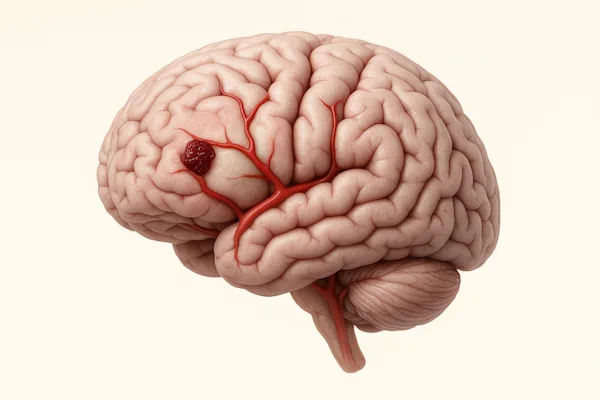- Female
- 25 Years
- 22/01/2025
I'm looking at my MRI results and I'm seeing terms like calcified granuloma in the right parietal lobe and mild diffuse cerebral atrophy. Can you help me understand what these really mean? Is there something I should be worried about?
More Neurology Health Queries
View allWhat are the 5 warning signs of a stroke?
Sudden onset of weakness or numbness on one side of the body. Sudden speech difficulty or confusion. Sudden difficulty seeing in one or both eyes. Sudden onset of dizziness, trouble walking or loss of balance. Sudden, severe headache with no known cause.
Answered by 1 Apollo Doctors
I've been noticing that my right hand finger is twitching on its own, and I'm not sure why this is happening. Could you help me understand the possible reasons for this and suggest which kind of doctor I should consult?
For 90% of rabies cases, the incubation period ranges from: Minimum: 9 days Maximum: 90 days Average incubation period: 2-3 months (60-90 days) Note: Incubation periods can vary depending on factors like bite severity, location, and individual immune response.
Answered by 1 Apollo Doctors
I've been diagnosed with trigeminal neuralgia and my neurologist prescribed meds along with blood tests and a brain MRI. From what I've read, allopathy doesn't offer a permanent cure and surgery seems complicated. Can Ayurveda actually help treat this condition long-term?
BAMS opinion is advised to the pt.
Answered by 1 Apollo Doctors
Disclaimer: Answers on Apollo 247 are not intended to replace your doctor advice. Always seek help of a professional doctor in case of an medical emergency or ailment.






